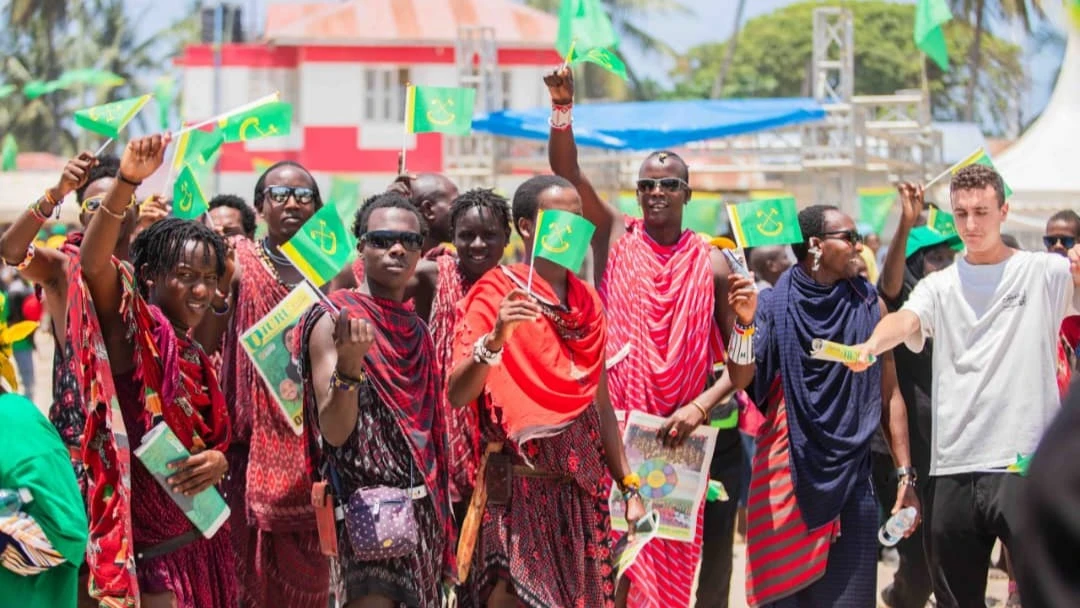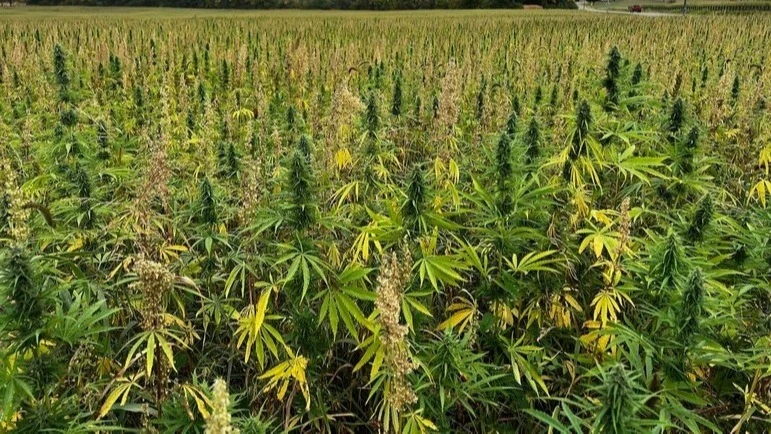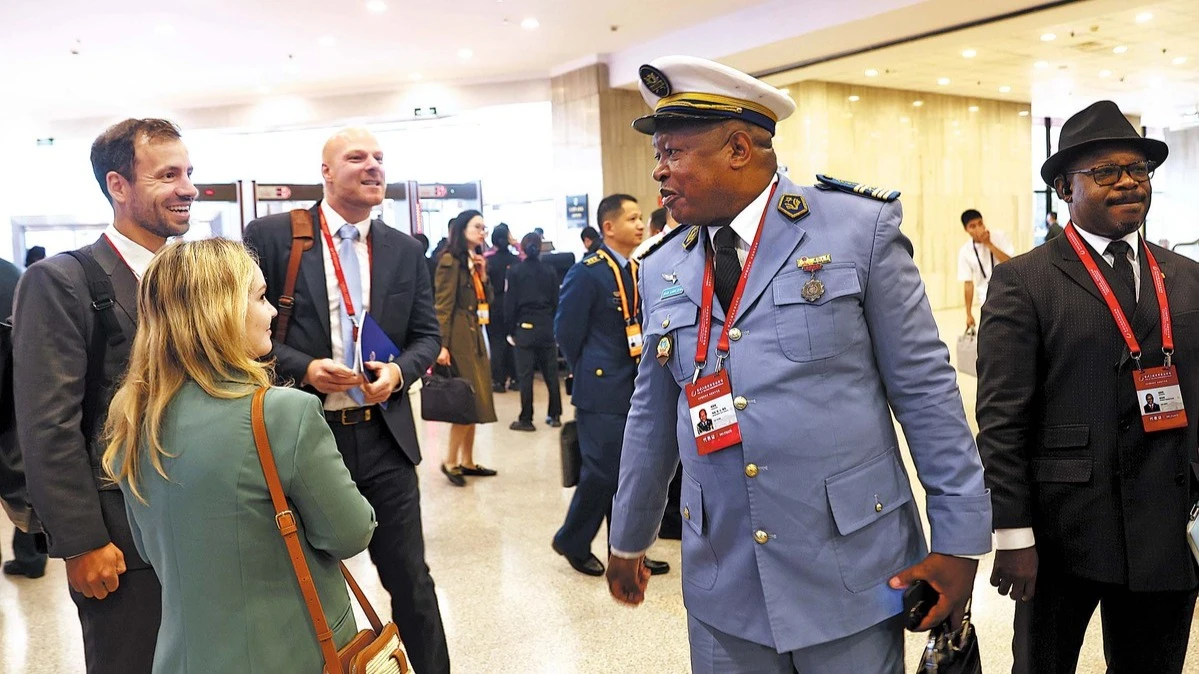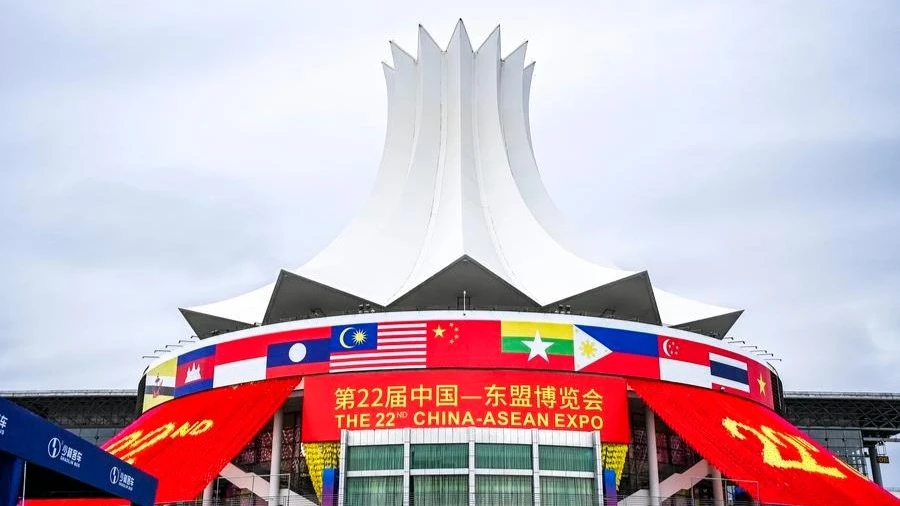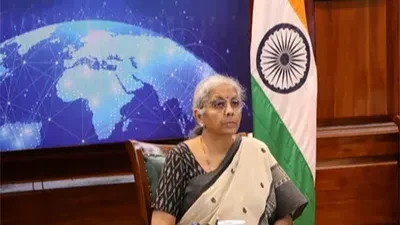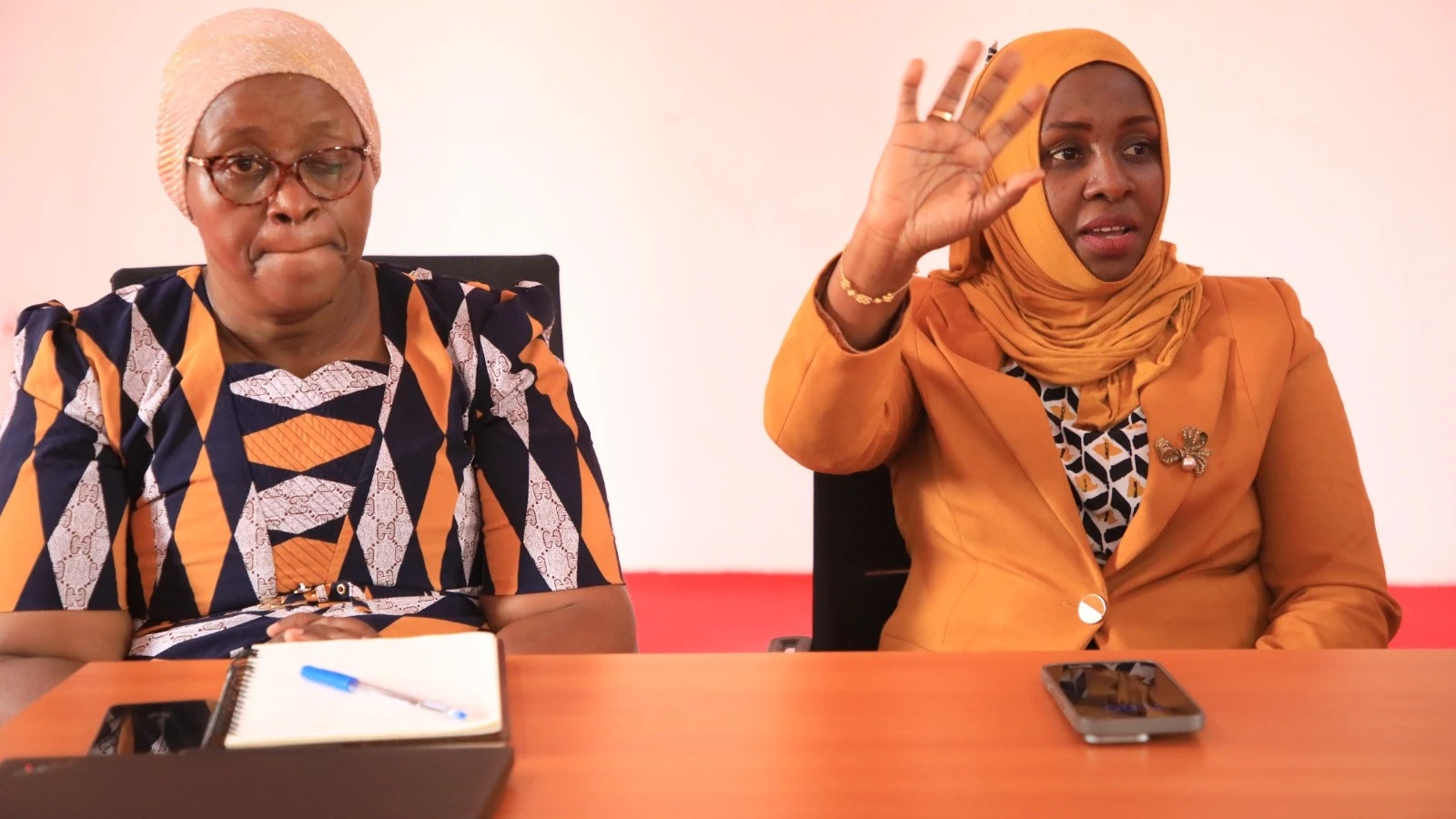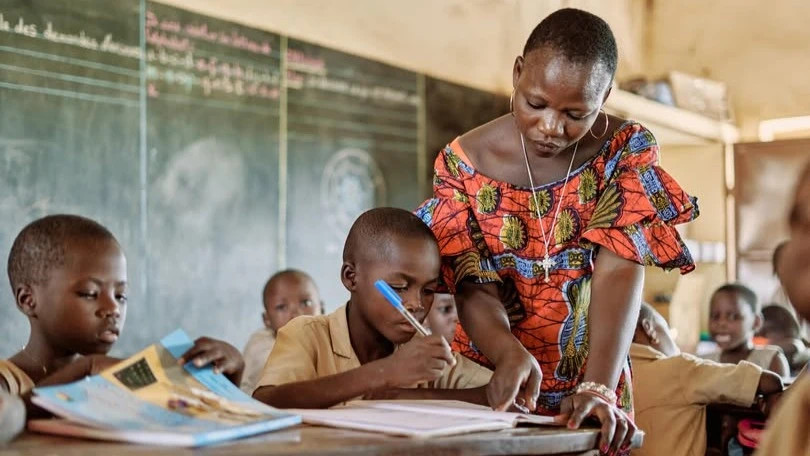NGOs advised to come up with sustainable projects to tackle pollution in Lake Victoria
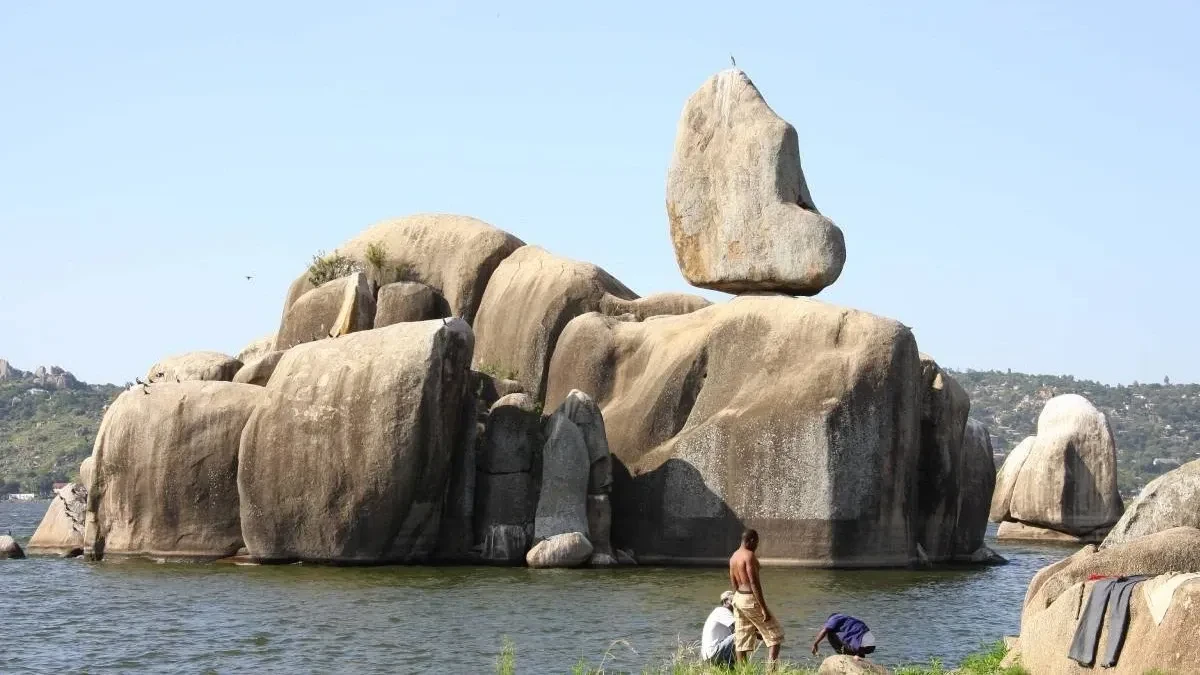
NON-GOVERNMENTAL Organizations (NGOs) operating under the Green Global Funds and Gagga initiative have been urged to design sustainable projects that control pollution in Lake Victoria and reduce overdependence on external donors.
The call was made yesterday by Lucy Nduosinde, Coordinator of Women Action on Eco-Health and Legal Rights during an environmental conservation and accountability seminar organized for NGOs working in Mwanza Region.
Nduosinde emphasized that plastic waste remains the largest contributor to pollution in Lake Victoria, warning that unless communities and NGOs take deliberate measures to transform this challenge into an opportunity, the situation will continue to deteriorate.
“Most of the waste that ends up in Lake Victoria is plastic. As organizations working to uplift communities and protect the environment, it is important to develop projects that turn plastic waste into raw materials and useful products. By doing so, we create value, improve livelihoods and promote environmental protection,” she said.
She further stressed that donor funding is declining globally and NGOs must shift towards business-oriented approaches that guarantee continuity of their initiatives beyond short-term grants.
Delivering a presentation to the participants, NGO trainer and consultant Bernard Makachia observed that the shrinking donor space has left many organizations without direction as they rely heavily on external funding. He cautioned that the dependency syndrome was unsustainable in the long run.
“Many NGOs are like someone who is given a cow to provide milk to the community but at the end of the year, they slaughter the cow and share it out, only to return to donors asking for another one. That is not sustainable,” he said.
He encouraged NGOs to embrace an entrepreneurial mindset. “If you are given one cow, ensure you deliver the services expected of you while also planning so that by the end of the year, you have more than one cow. That is what sustainability means.”
Makachia gave practical examples, suggesting that environmental organizations could diversify into producing alternative charcoal, plastic-based bricks, and paving blocks. Such initiatives, he said, not only reduce plastic waste but also generate income and create jobs for local communities.
Some directors of NGOs present at the seminar echoed these sentiments, acknowledging the urgent need for innovative approaches in tackling the plastic menace. They highlighted possible strategies such as melting plastic for reuse, repurposing waste into new products, and establishing small-scale recycling plants to turn plastics into raw materials for industries.
Participants also noted that integrating communities into these projects would be key to long-term success. By creating awareness and involving households, schools, and businesses in recycling initiatives, NGOs can help build a culture of environmental stewardship while simultaneously creating sustainable economic opportunities.
The seminar concluded with a collective commitment from the NGOs to work more collaboratively in promoting eco-friendly projects that align with both environmental protection and community development goals.
Lake Victoria, Africa’s largest freshwater lake, continues to face mounting threats from pollution, unsustainable fishing, and poor waste management. Experts warn that without urgent action, the livelihoods of millions who depend on the lake for water, food and income will be jeopardized.
Top Headlines
© 2025 IPPMEDIA.COM. ALL RIGHTS RESERVED








